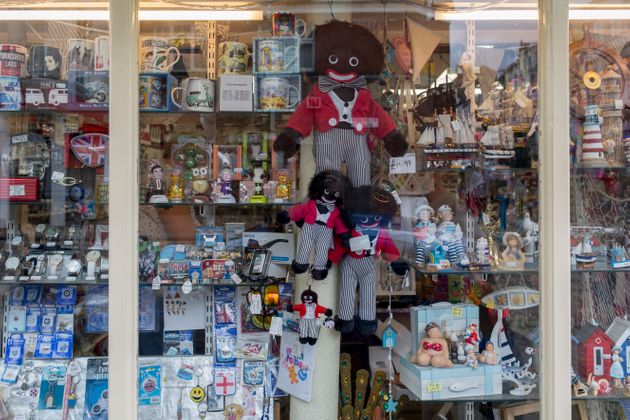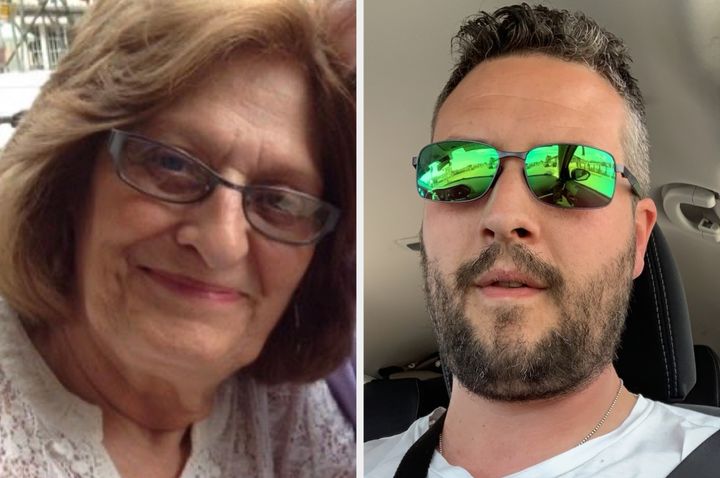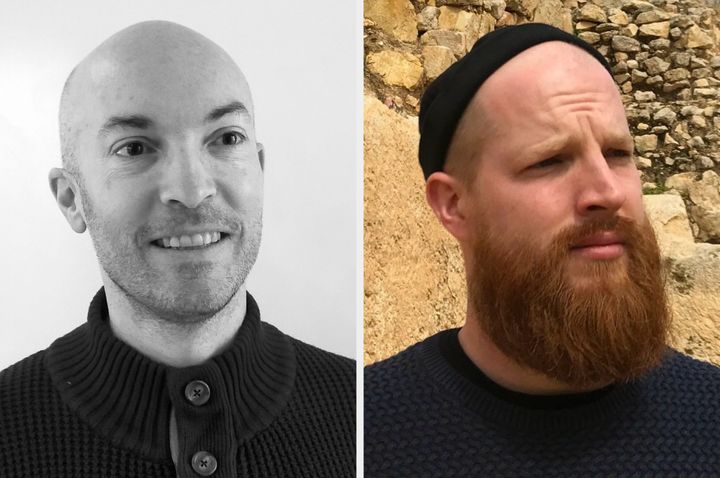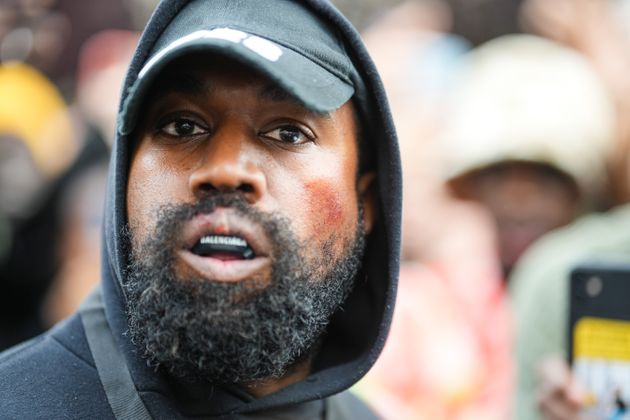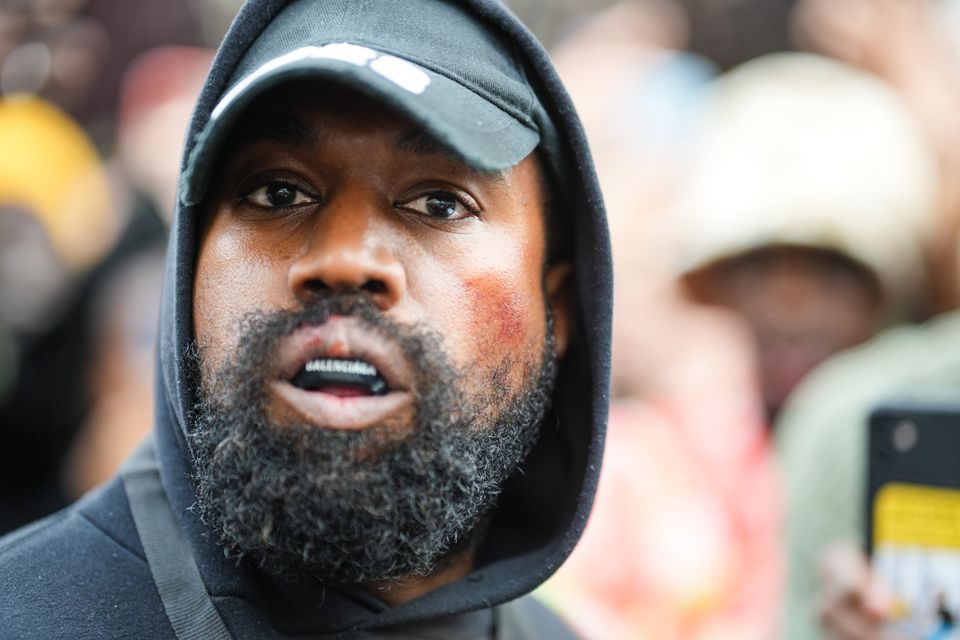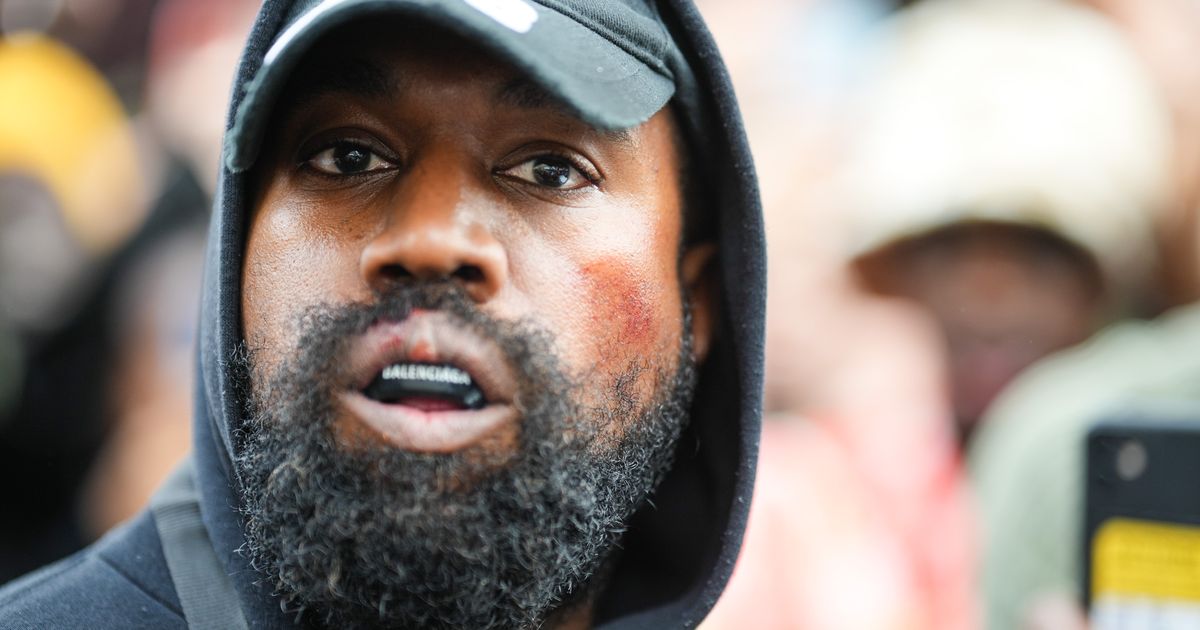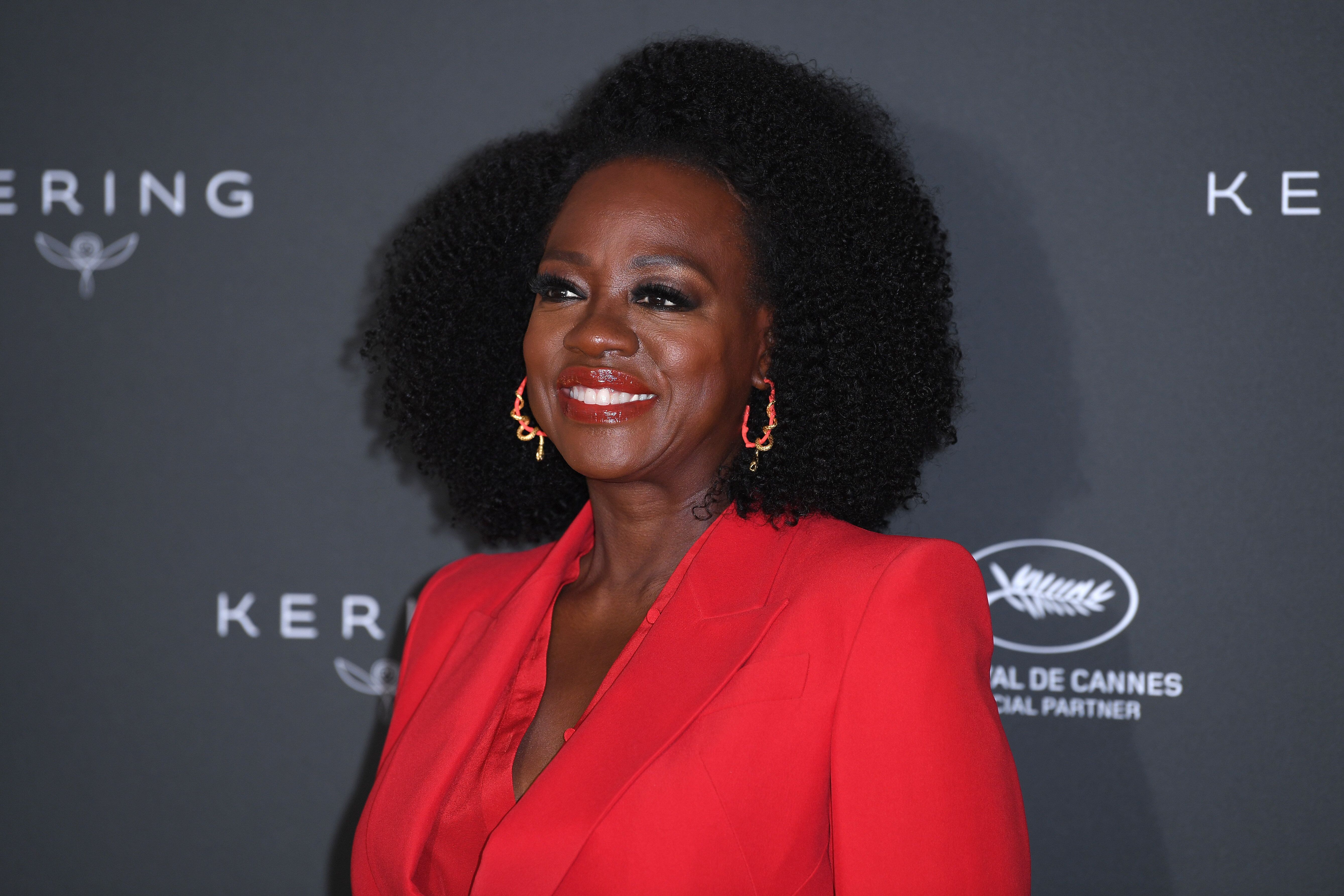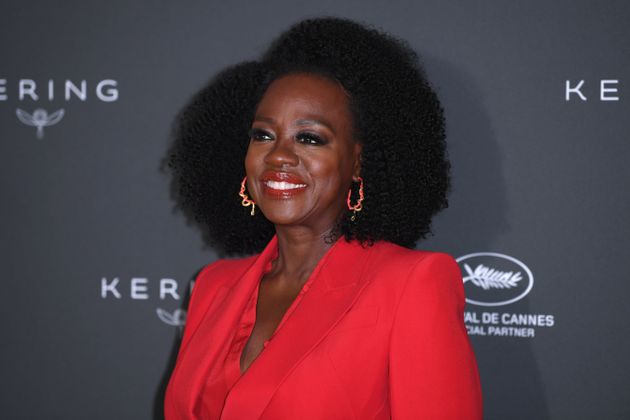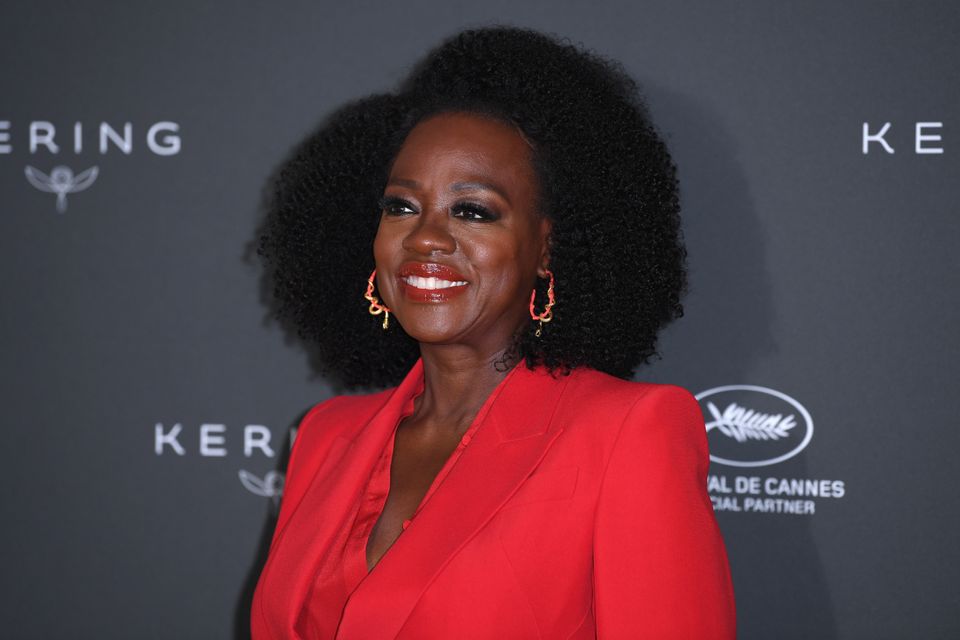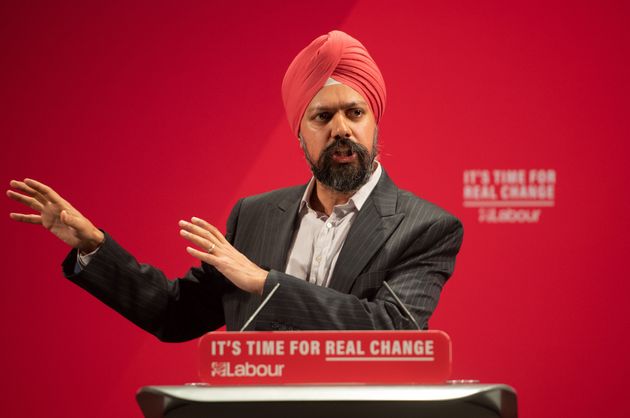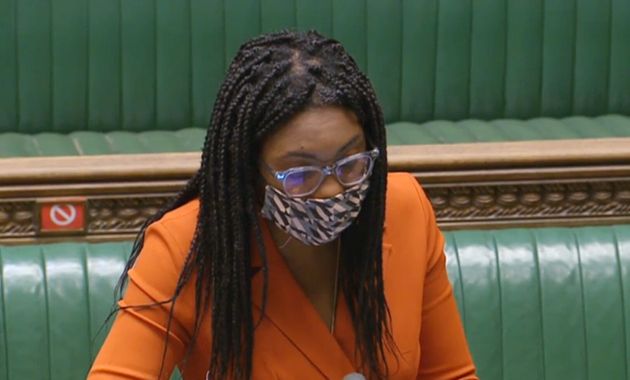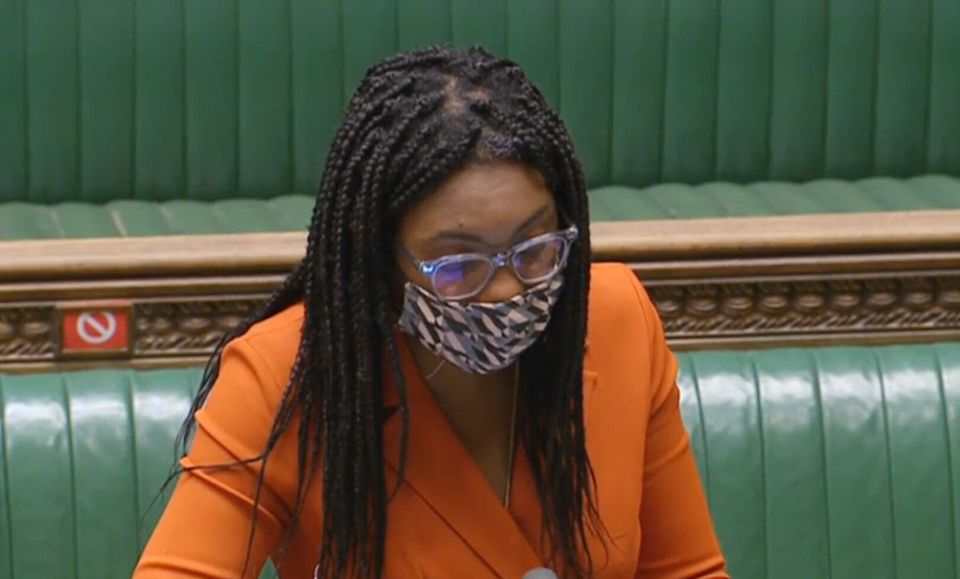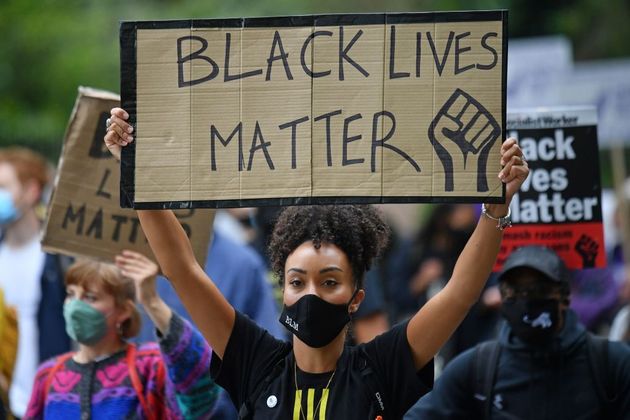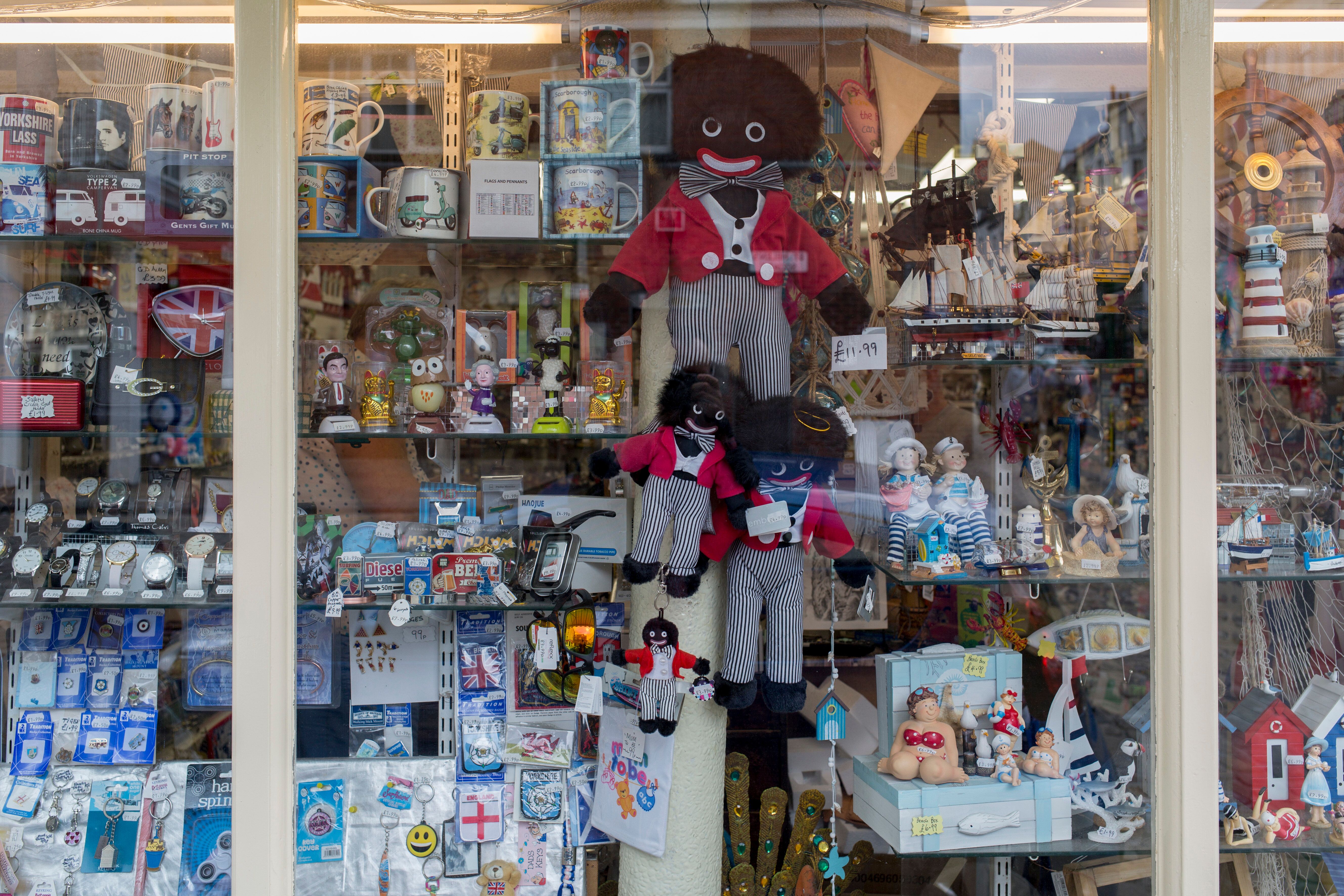
Golliwog dolls have made an unexpected return to the news cycle recently, following a recent police raid in an Essex pub.
Here’s why these highly problematic emblems of the past are still causing such a stir – and why the home secretary appears to have dragged into the row.
Advertisement
What are golliwog dolls?
The dolls are based off a design first produced in 1895 by an American cartoonist called Florence Kate Upton in children’s books, and was supposedly based on 18th Century minstrels.
The fictional character became identifiable by its frizzy hair, large lips and teeth, and seemed to resemble a rag doll.
The caricature then started to appear on Robertson’s Jam jars in 1910, becoming a popular brand, before evolving into toys and collectibles.
As the word Golliwog is used to attack Black people, Golliwog dolls are seen as racist.
In the 80s, the name for the dolls became “gollys” in an effort to step away from the racist connotations, but the brand was eventually dropped in 2001.
Advertisement
Media regulator Ofcom has since declared the word “golliwog” to be a highly offensive term, describing it as: “Strongest language, highly unacceptable without strong contextualisation. Seen as derogatory to Black people.”
What do golliwog dolls have to do with an Essex pub?
It all started on April 4 when police in Essex revealed five officers had confiscated several dolls from the White Hart Inn in Grays, where they were being displayed behind the bar.
No one was arrested or charged in connection with the investigation, but the landlord is to be questioned when he returns from abroad in May.
It is all part of an ongoing investigation following a complaint about an alleged hate crime (being racially distressed) on February 24.
Though she denies she or her husband are racist, landlady Benice Ryley, said she would be replacing the confiscated dolls. She said she had a collection of about 30 dolls from family and customers, in the pub for nearly 10 years and that she could not see “any harm” in displaying them.
Advertisement
The police have said it would only be able to remove the next lot of offensive dolls if they received another complaint.
“No victim has come forward who has felt racially harassed, alarmed or distressed since any further dolls have gone up in the pub,” the police said.
What does this have to do with the law?
Crime and Disorder Act
Displaying golliwog dolls could be considered illegal under the Crime and Disorder Act 1998.
It might fall under the definition for racially aggravated behaviour, if “the offender demonstrates towards the victim hostility based on the victim’s membership or presumed membership of a racial or religious group.”
According to The Guardian, it might not be necessary for someone to come forward as a victim to secure a conviction, as this is a public order offence.
Equalities Act
Businesses have to offer equal service to customers and staff under the 2010 Equalities Act.
Breaking this could be a civil issue, leading local authorities to act (potentially removing the pub’s licence).
Advertisement
Malicious Communications Act
A 2016 Facebook post from Benice’s husband, Chris Ryley, has also resurfaced, showing the Golliwog dolls hanging from a bar shelf. When his wife commented under the image asking if displaying the dolls was “legal”, he replied: “They used to hang them in Mississippi years ago.”
This could be construed as a breach of the Malicious Communications Act 1988, which relates to electronic communication including “with intent to cause distress or anxiety”.
Essex police are using this post as part of their investigation into the pub.
Why has Suella Braverman’s name been mentioned?
Reports in the Mail Online suggested that the home secretary had told the police force off for removing the dolls. The newspaper quoted a Home Office source allegedly saying the police “should not be getting involved in this kind of nonsense” and focusing on “catching criminals” instead.
But Essex Police said this account was “categorically not true”. They alleged she had not contacted the force about the probe – but refused to rule out that the Home Office in general had contacted them.
The force said: “In addition, as is the case in all investigations across every police force, we maintain operational independence from the Home Office, which ensures that every investigation is carried out without fear or favour.”
Advertisement
What next?
After an investigation, Essex Police would have to send any possible charges to the Crown Prosecution Service before a final decision was made.
The Campaign for Real Ale (CAMRA) has said the pub in question will now not be included in the Good Beer Guide, stating that it believes “pubs should be welcoming and inclusive places”.
Meanwhile, the saga has prompted a wave of reaction online, and polling company YouGov has revealed that 39% of respondents think it is still acceptable to sell/display the dolls, with 48% claiming it is not racist.
Advertisement

